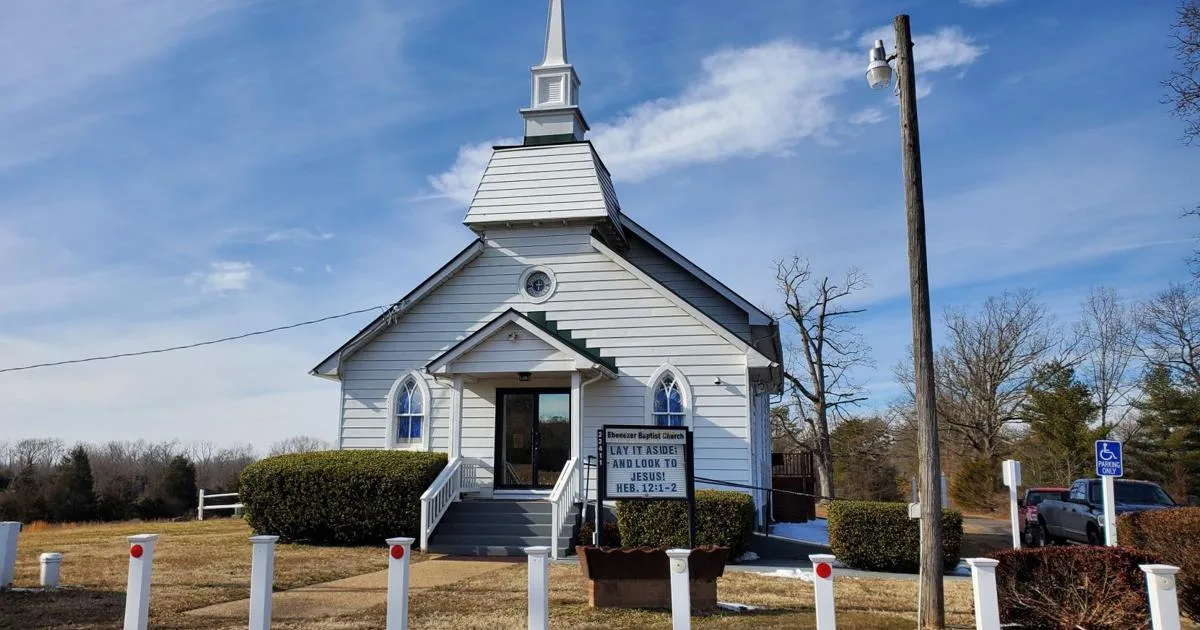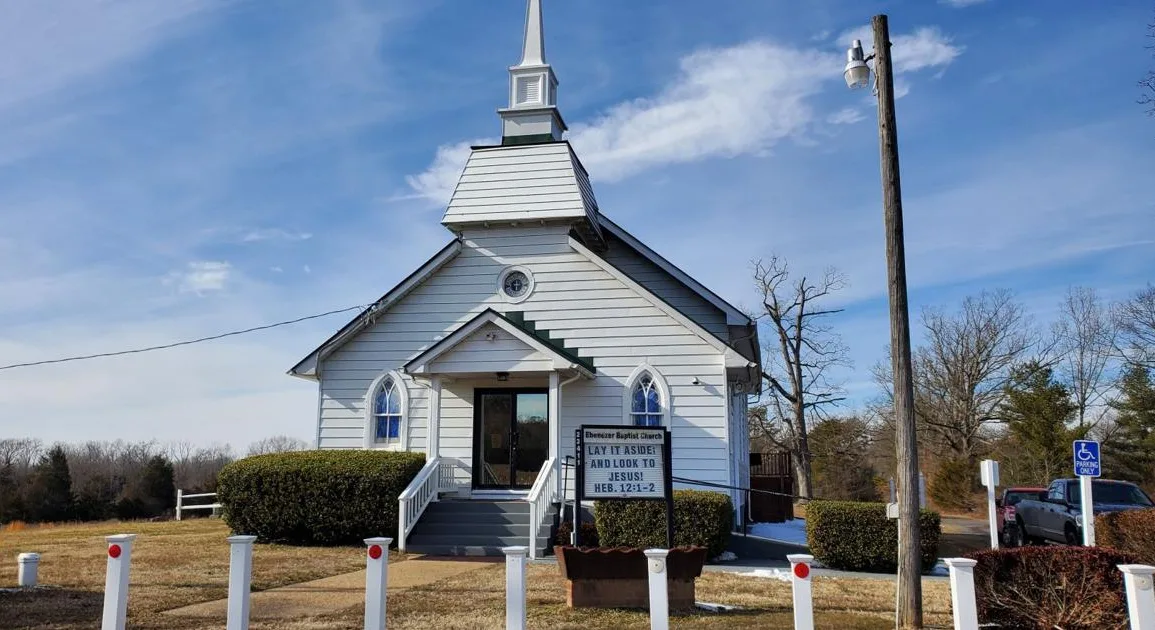
Gov. Ron DeSantis and Gov. Glenn Youngkin share the realization that African American history can be tough. They and some Republican dominated states are eagerly passing laws that forbid teaching a history that might make some children uncomfortable.
Those who worry about the fragility of some children’s egos miss the part of American history about the resilience of the Black community in the face of violence and discrimination.
DeSantis has led the Florida legislature in a grand crusade to eliminate, iron out or minimize African American contributions to American history. No night riders, no murdered voter registrations, no church bombings, no fire hoses that can strip the clothes off people.
It is a futile effort to hide the facts. Those dates and events are well told in the National Museum of African American History and Culture or the National Memorial for Peace and Justice, informally known as the National Lynching Memorial. What these history ironers really resist is any sharing of what African Americans think about their experience. This would include banning books by Toni Morrison, Maya Angelou, Ta-Nehisi Paul Coates, perhaps even banning August Wilson plays.
People are also reading…
This approach misses the opportunity to acknowledge the resilience of the Black community. All those inventors and scientists and others who broke through the blanket of segregation and discrimination to be “the first” baseball player, West Point graduate, Air Force General or astronaut.
Here in Culpeper, we should put the George Washington Carver Regional High School on the top of our resilience list. Certainly churches, such as Antioch Baptist, are standard bearers of a quiet, safe space for encouragement, music and community fellowship.
As Zann Nelson has offered in recent years, there are remarkable community resilience stories. These communities were self-contained settlements from which in time would spring churches and schools. One such vibrant African American community is Maddensville. More often than not, communities claimed the name of either the founding or dominate family, and Maddensville was no exception.
Willis Madden, son of a bi-racial woman who was an indentured servant to James Madison Sr., bought the land in 1835 and, with the help of his sons, built a tavern about 1852, known to all as Madden’s Tavern. The tavern was well situated between Fredericksburg and Culpeper and could accommodate both man and beast. Though encumbered by numerous restrictions applied only to blacks, free or not, the Maddens enjoyed a successful business.
Ironically, this Black-owned business sustained significant damage from the Union troops during the Civil War. After the war ended in 1865, the tavern was never reopened for business. The Maddens turned to farming full time and established one of the leading dairy farms in the area.
The tavern may have ceased to be a respite for travelers but remained a safe community comfort for the Madden’s friends and family.
Farming was their livelihood, but community was their passion, with particular focus on nurturing the spirit and the intellect. On Aug. 29, 1867, the Madden family welcomed the founding congregation of Ebenezer Baptist Church to their home. The original church, a 20-by-20 foot structure, was built on land donated by Willis Madden and served a dual purpose as church and school. After losing the church to fire in 1884, the current-day building was erected in 1886 just across the road.
For the Maddens, it was as important to feed the mind as the soul and, to that end, education for Black children was a valued commodity in the Maddensville community. There was a school at Maddensville and another a little farther east at Lignum; Madden family members would teach at both.
Today, the primary road to Fredericksburg has bypassed the history-rich Maddensville community. School buildings have disappeared, old roads have been abandoned and new ones engineered, but the story of the resilience of the community remains.
This is a story of perseverance DeSantis worries about.
David Reuther is a retired U.S. Foreign Service officer who served in Asia and the Middle East.


